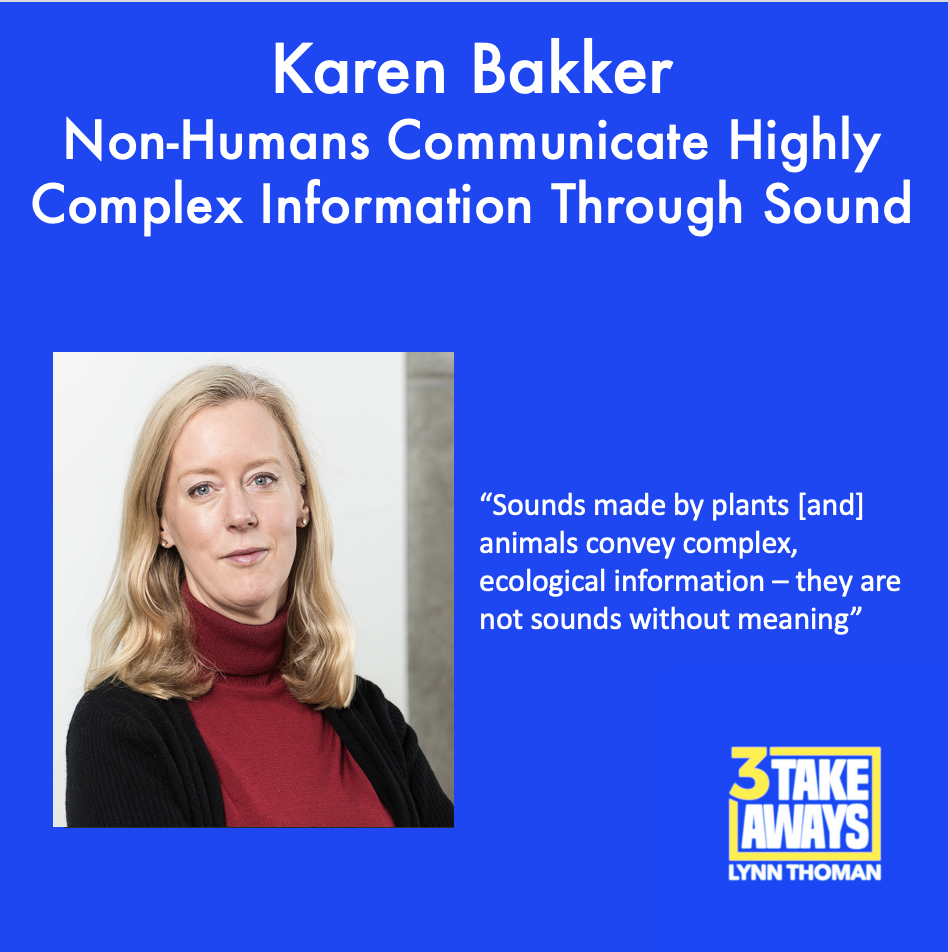
Now Hear This: Non-Humans Communicate Highly Complex Information Through Sound
Breakthroughs in bio-acoustic technology are enabling scientists, including Karen Bakker, to “hear” an astonishing assortment of sounds made by animals, insects, and even plants. The implications are stunning, will impact environmental governance, and may fundamentally alter our relationships with other species.
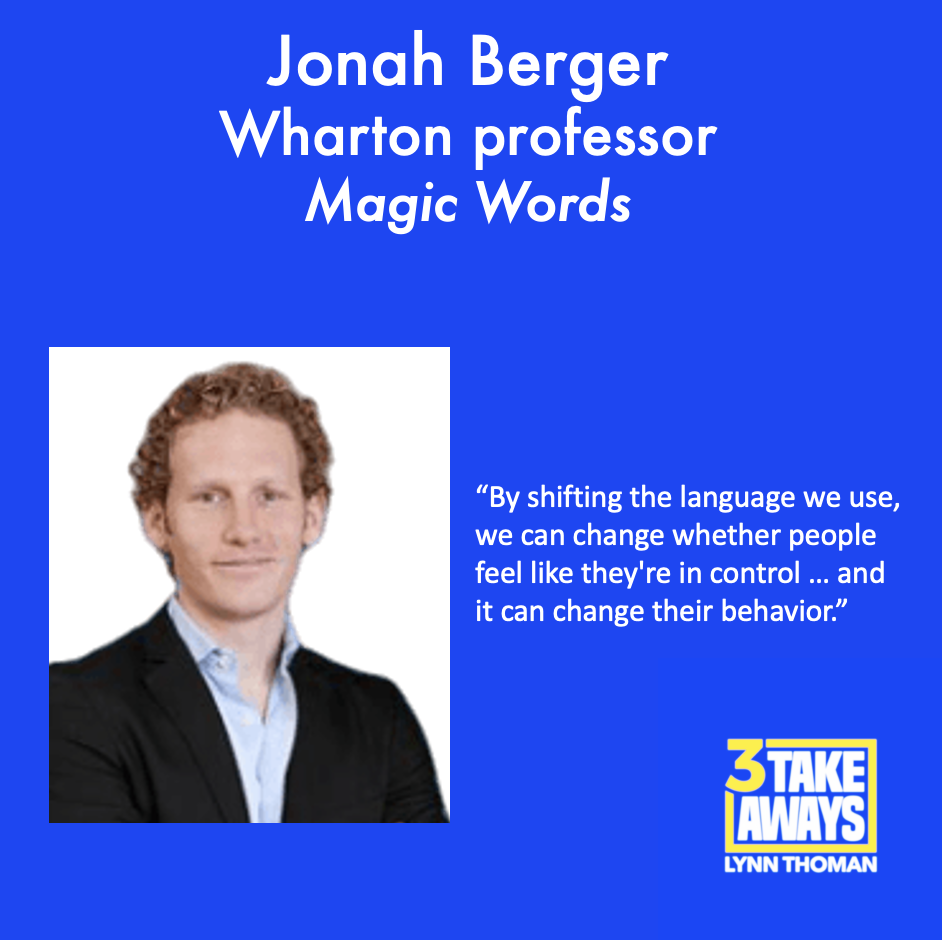
Magic Words: Cutting-Edge Revelations on Language That Can Dramatically Increase Your Impact
Some words have extraordinary power to help us persuade others, build stronger relationships, improve customer satisfaction, and captivate audiences. Here, Wharton professor Jonah Berger reveals six key types of magic words that can dramatically increase your impact and help you get what you want. Words matter, especially these.

Airbnb Global Head of Hosting on Travel and Work, What Some Of The Most Fabulous Airbnbs Are, And Curiosity As A Core Value
Don't miss this wide-ranging conversation with Airbnb global head of hosting Catherine Powell on the blurring of business and leisure travel, what some of the most unusual and fabulous Airbnb experiences are, how a company actually executes on core values like curiosity and the keys to post-pandemic leadership.
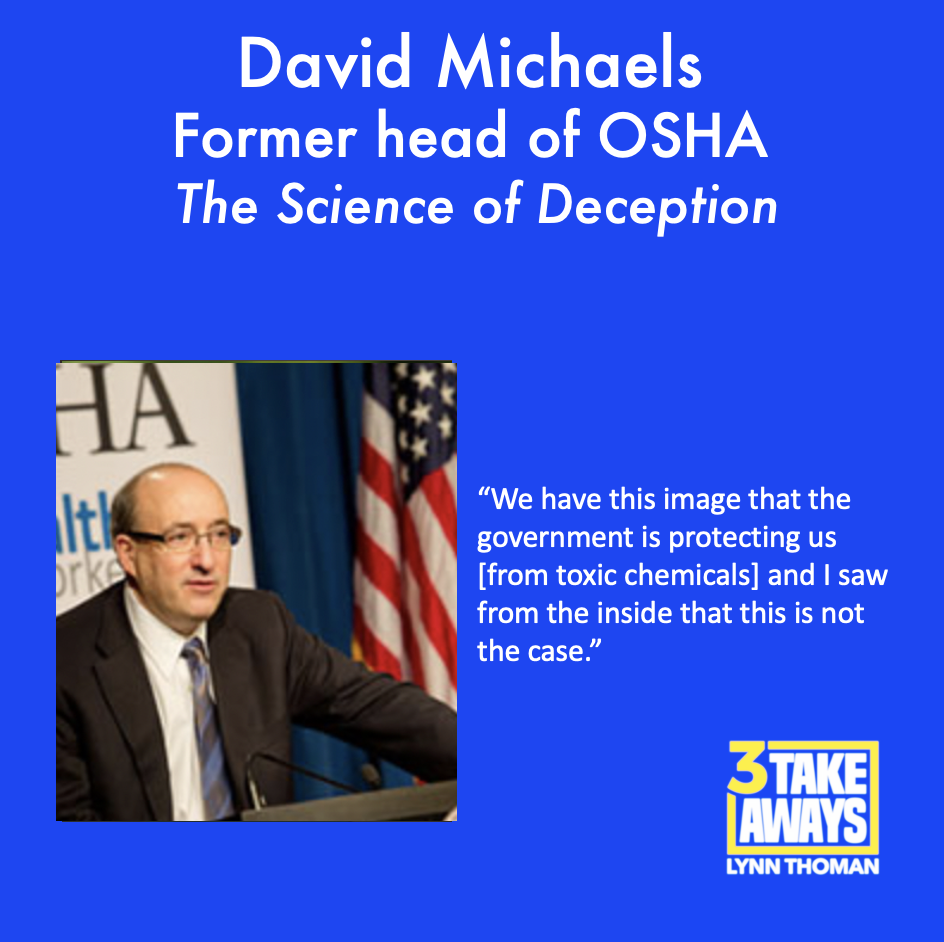
A Former OSHA Head Exposes the Science of Deception That Allows Dangerous Chemicals To Go Unregulated
There is massive, well-funded deception that enables many toxic chemicals and products to go unregulated — says former OSHA head David Michaels. He calls it the science of deception and the manufacture of doubt. Listen, as he explains in shocking detail how corporations pay for corrupt science and disinformation to influence government agencies, and where it’s happening today.
“We have this image that the government is protecting us [from toxic chemicals] and I saw from the inside that this is not the case.”
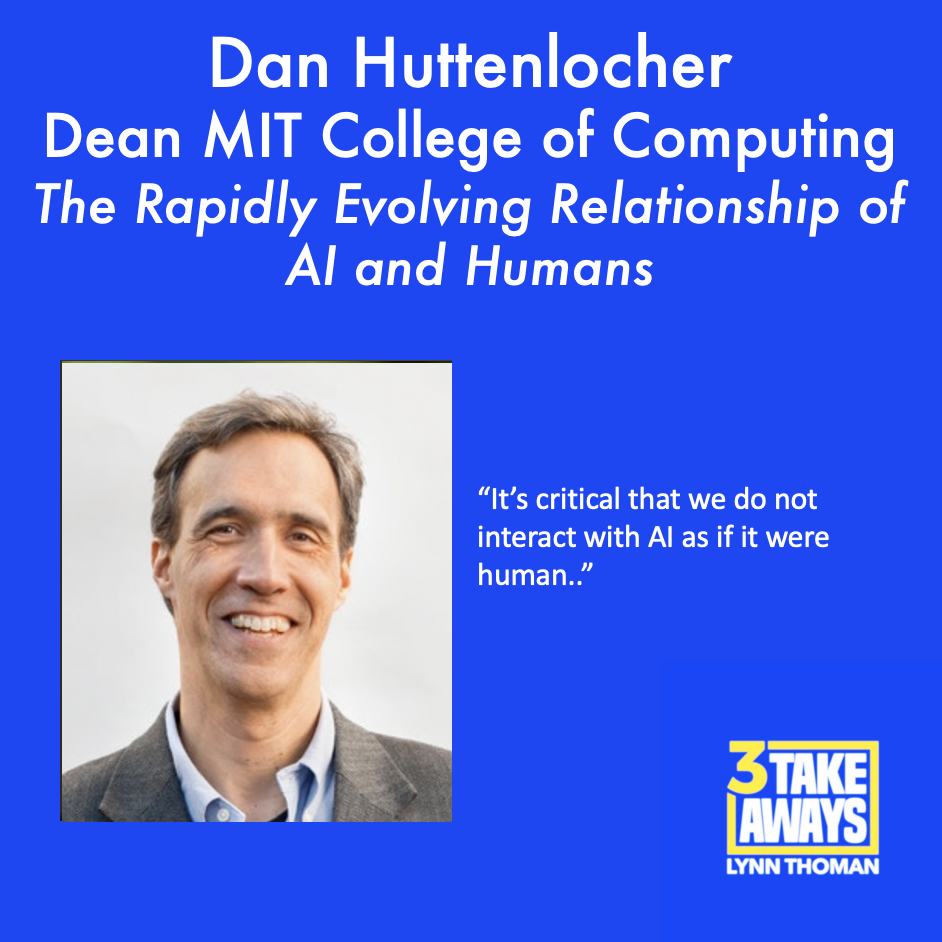
A Noted MIT Dean on the Age of AI and the Rapidly Evolving Relationship Between AI and Humans
AI is transforming society. We can still determine how. Dan Huttenlocher, MIT dean and co-author with Henry Kissinger and Eric Schmidt of The Age of AI, discusses how and why we need to partner with this foundational technology. He also shares some surprising examples how AI is being integrated into the basic fabric of human activity.
“It’s critical that we do not interact with AI as if it were human.”
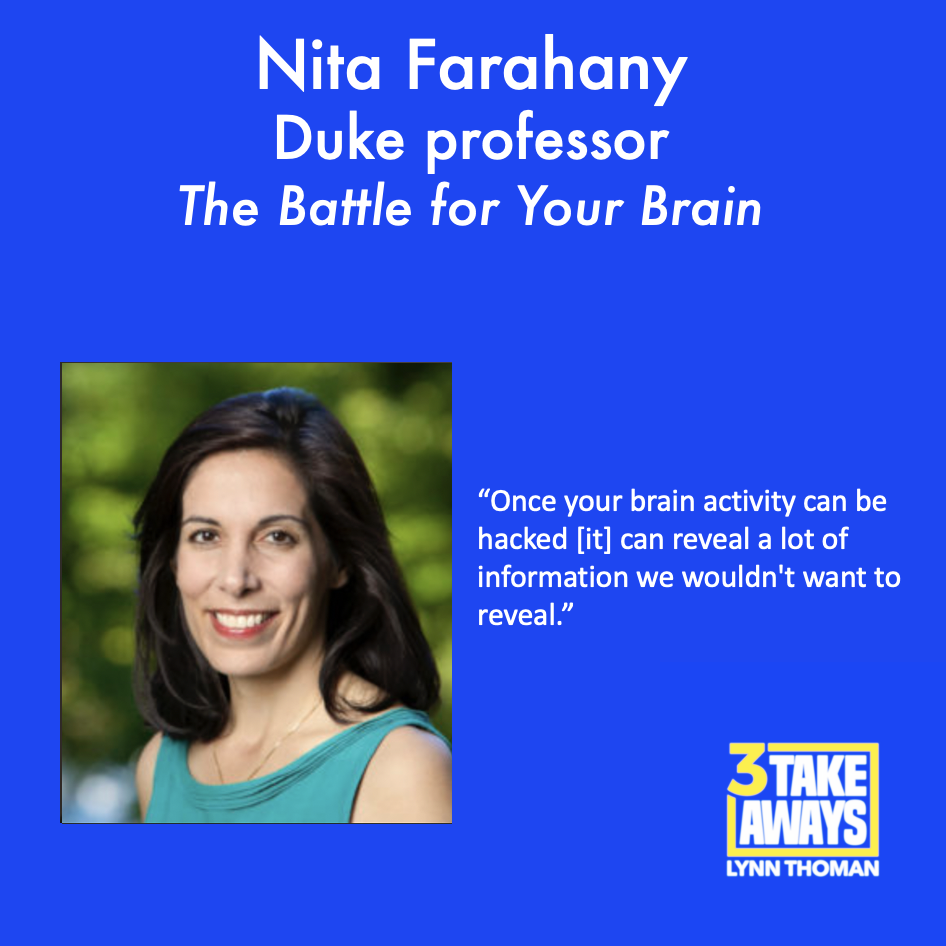
The Battle for Your Brain: The Emerging World of Neurotechnology, Brain Hacking and Thought Control
Brain sensors embedded in watches. Earbuds that decode our brainwaves. Neurotechnology that reads our emotions and thoughts, and can be used to manipulate them. It sounds like science fiction, but it’s science fact. Don’t miss this chilling and cautionary talk with Duke professor Nita Farahany, author of The Battle for Your Brain.
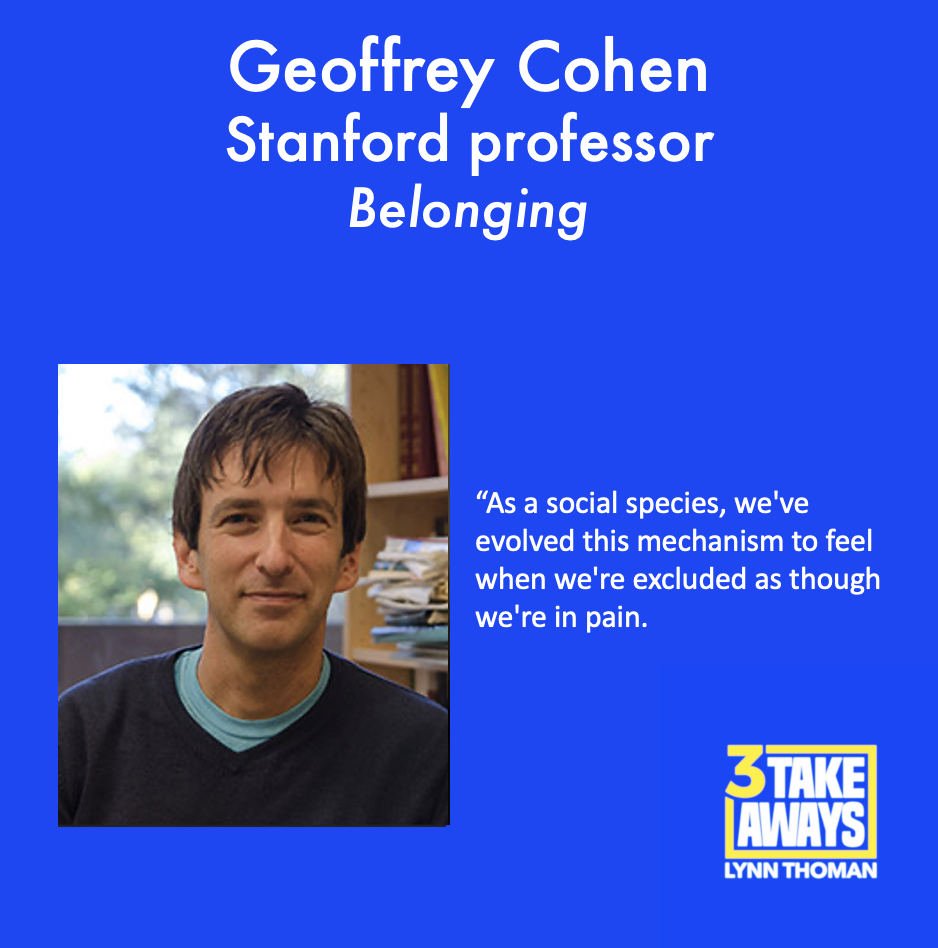
Belonging: How To Combat The Serious Isolation That’s Wreaking Havoc on Our Health and Happiness
We are biologically wired to need connection with others, but live in an age of serious and debilitating isolation. What are the ramifications of this to our health and happiness, and even to our longevity? Stanford’s Geoffrey Cohen brilliantly diagnoses the problem and offers stunningly simple solutions.

Liespotting — An Expert Reveals How To Know When You’re Being Deceived. Honestly.
There’s an epidemic of deception taking place, and while some lying has a valid function, it helps to know when you’re being deceived. Expert Pamela Meyer reveals why we lie, how to spot deception in work and life situations, and how she knew Bill Clinton’s claim that he “never had sex with that woman” was bs.
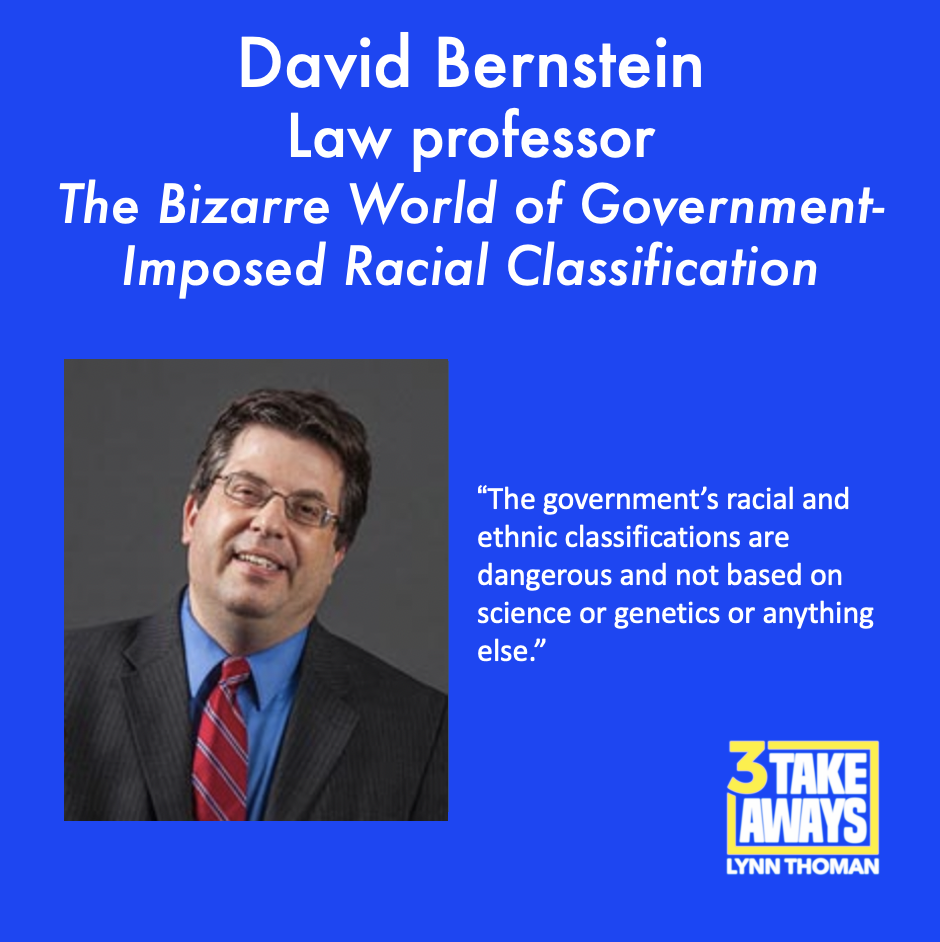
Classified: The Complex and Bizarre World of Government-Imposed Racial Classification. Listen, and Learn.
At a time when government-imposed racial and ethnic classifications are increasingly used to determine peoples’ rights, it’s important for them to make sense. According to law professor and author David Bernstein, they definitely do not. They’re absurd, have negative consequences, and are widely manipulated by “identity entrepreneurs.”
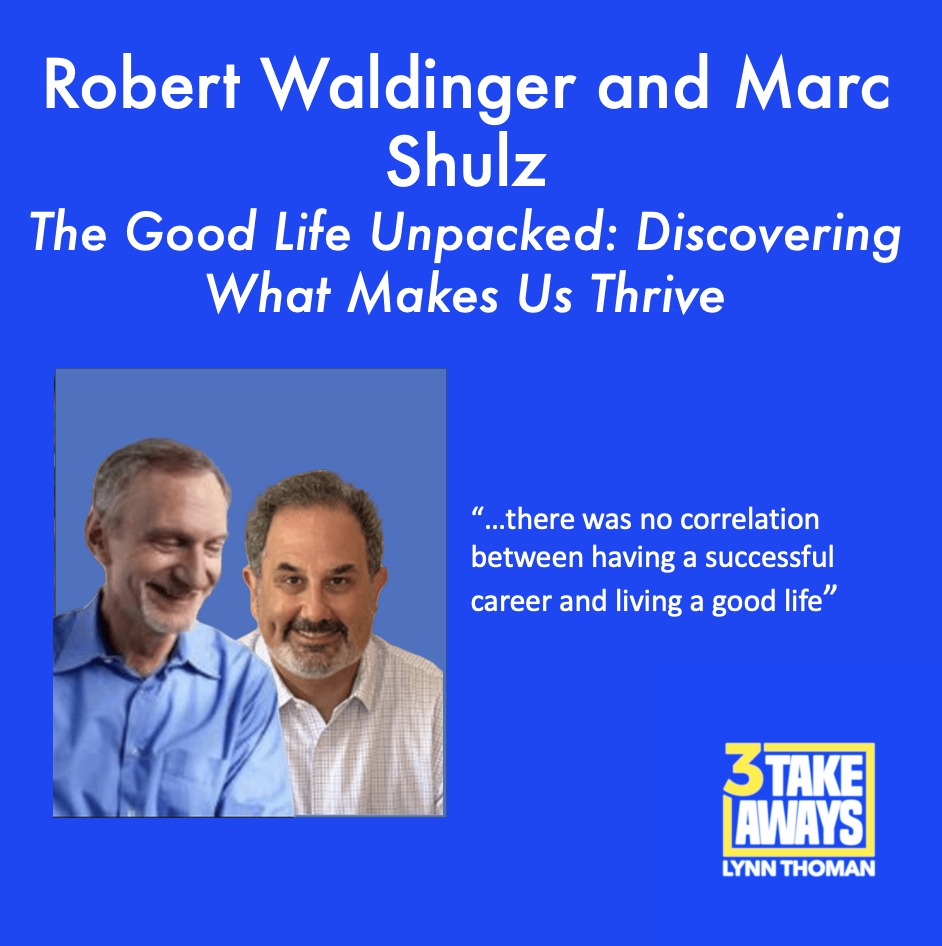
The Good Life Unpacked: Discovering What Makes Us Thrive with the Heads of Harvard's 80-Year Study
Unlock the secrets to a fulfilling life with Robert Waldinger and Marc Shulz, the heads of Harvard’s 80-Year Study of Adult Development, the longest, most in-depth, longitudinal study of human life and thriving ever done. Discover what a good life is, and how we can all have a better one. Even small choices, it turns out, can shape our lives and help us thrive. Learn the simple ingredients that make a good life, the U-shaped curve of happiness and how it's never too late to start. Get ready to be inspired and leave with three actionable takeaways!
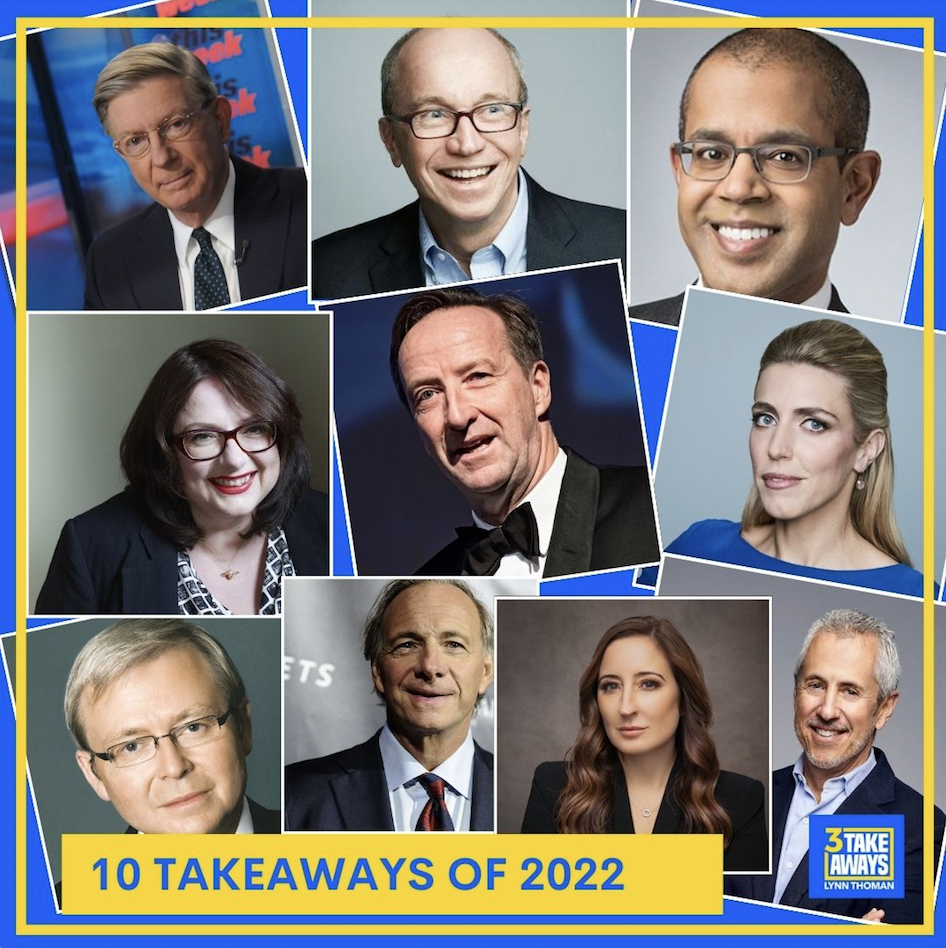
Which are the 10 Most Powerful and Compelling Takeaways of 2022? Listen and Find Out.
3 Takeaways features revealing conversations with the world’s foremost thinkers, business leaders, writers, politicians, scientists and other newsmakers, who each share three takeaways they consider vital. In this special year-end episode, we present the 10 most powerful and compelling takeaways of 2022.
Can you guess which takeaway is from each guest? The guests include:
Former Prime Minster of Australia
Former Chief of MI6
Founder of the world's largest hedge fund
7 other amazing guests

Former Senator Phil Gramm Explodes the Myth of American Inequality in an Eye-Opening Conversation
According to former Senator Phil Gramm, inequality in the U.S. is grossly overstated largely because it fails to take into account massive government aid to low income earners. The implications of this are huge, especially given the current debate about remaking capitalism. Don’t miss this important conversation.

The U.S. and the Holocaust: What did America Know and Do During the Greatest Atrocity of Our Time with Ken Burns' Co-Directors
What was America’s response to the Holocaust? What did we know and not know, do and not do, as the catastrophe unfolded? These questions resonate today, when the refugee crisis, immigration and antisemitism are making headlines. Don’t miss this powerful conversation with the co-directors of the new Ken Burns documentary film The U.S. and the Holocaust, Lynn Novick and Sarah Botstein.

Superabundance: Separating Fact From Myth About Human Flourishing on an Infinitely Bountiful Planet
Contrary to conventional wisdom, we are not living in an age of dwindling resources. Generations of people have been taught that the world's rapidly growing population is consuming the planet's natural resources at an alarming rate. But after analyzing the prices of hundreds of commodities and products over the last 100 years, Marian Tupy and Gale Pooley found that resources became more abundant as the population grew.
To their surprise, they found that we create ever more value out of natural resources, and that now is a time of superabundance and human flourishing. Don’t miss this compelling rationale for optimism.

Why the Lies We Tell in Public Are So Destructive with Duke's Timur Kuran
Hiding what we really think can have devastating social consequences, and helps explain the rise of Donald Trump, why Harvey Weinstein got away with it for so long, the unreliability of election polls, and much more. Don’t miss this eye-opening conversation with Duke’s Timur Kuran.

Complicit: When Good People Turn a Blind Eye to Rape, Thievery, and Fraud. With Harvard’s Max Bazerman
Countless people knew what Harvey Weinstein, Elizabeth Holmes, and the Catholic Church were doing – but remained silent. Why do good people allow the horrific behavior of others? Harvard professor Max Bazerman explores this complicity and offers solutions.

What Does the Work of The Future Look Like? With MIT Professor David Autor
Why will tech and automation never lead to the demise of human work? What qualifies as “good” work? What role will robots and AI play in the fast-approaching future? David Autor, MIT professor and co-chair of the MIT Task Force on The Work of The Future, provides answers in this riveting and enlightening conversation.

The Person You Mean To Be and A More Just Future with Social Scientist Dolly Chugh
It’s counter-intuitive but true: letting go of being a good person is key to becoming a better one, and often times it starts with acknowledging our unconscious bias. Social scientist and best-selling author Dolly Chugh offers phenomenal insight that can benefit us both at home and in the workplace.
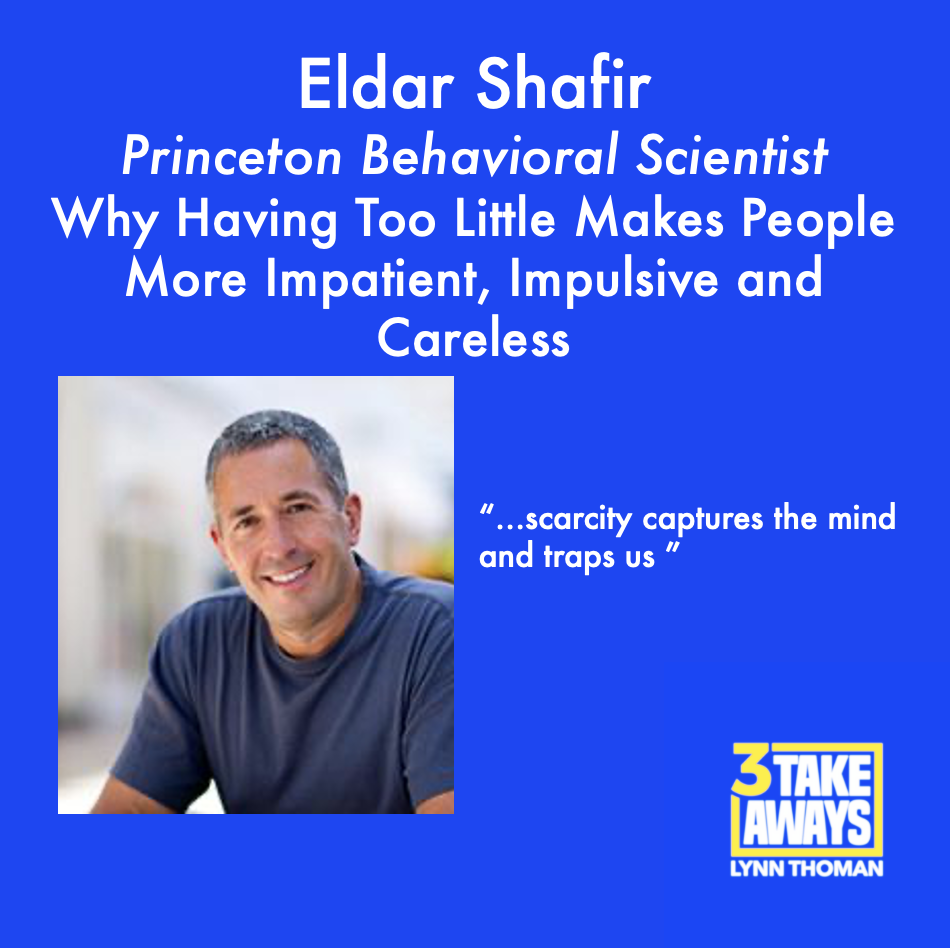
Why Having Too Little Makes People Perform Worse and Become More Impatient, Impulsive and Careless: Princeton Behavioral Scientist Eldar Shafir
Learn how scarcity of anything - money, food or social connections - affects our daily lives and leads us astray. Scarcity reduces both intelligence and control. Having too little preoccupies and taxes the mind, making life much harder. "Even smiling and being pleasant is hard when your mind is taxed. The employee snaps at rude customers ... The parent snaps at the child ... The server rings up the wrong item.”
Find out about the latest cutting edge behavioral science and how we can all manage scarcity for better satisfaction and success with Princeton behavioral scientist Eldar Shafir.
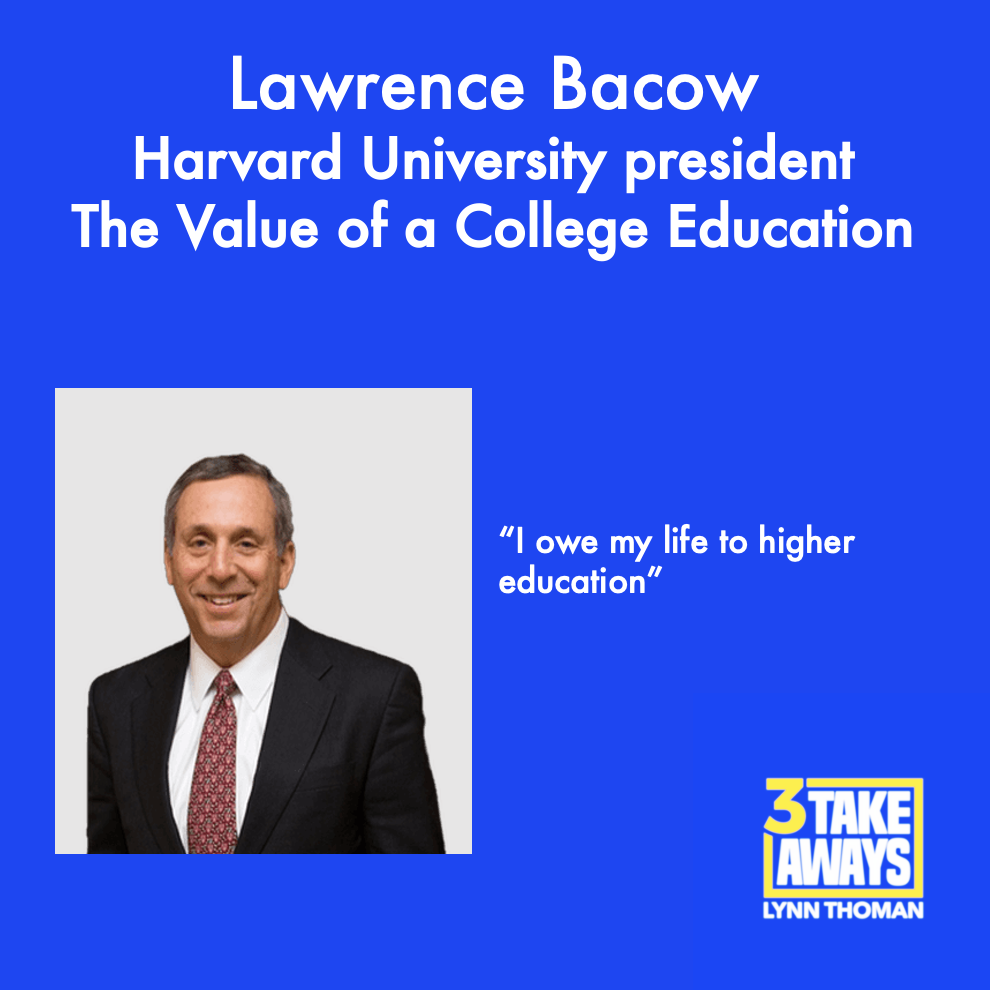
Harvard University President Lawrence Bacow: The Value of a College Education & Investing in the Future
Lawrence Bacow, President of Harvard University, shares how he sees the future of education and the values he leads by at Harvard. Learn the role of universities in a democracy, the importance of teaching students to think critically and why he believes the value of a liberal education is higher than ever.
